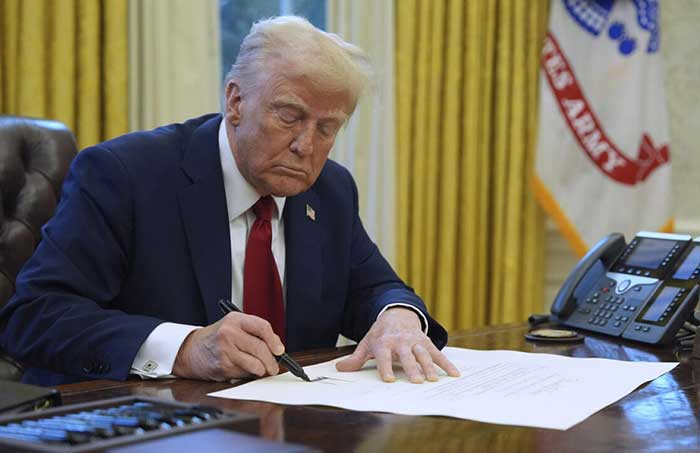
US President Donald Trump's policies and trade considerations are causing a drop in travel, according to the information released today by a Cuban analyst.
Havana.- Professor and economist José Luis Perelló, on his Facebook account, addresses the issue and the concern that such events pose for tour operators and travel agents.
He points out that Europeans, in particular, are avoiding travel to the United States for political reasons, while Americans are reducing their trips to Europe.
The French hotel group Accor SA reported a 25 percent drop in advanced bookings from Europe to the United States for this summer, attributing this drop to a shift in travel preferences amid political tensions and US immigration policies.
Travelers are increasingly choosing destinations such as Canada, South America, and Egypt instead of the United States, as concerns about the political climate grow.
The company is experiencing a noticeable slowdown in transatlantic bookings, down sharply from an 18-20 percent decline in the year's first quarter.
While individual incidents of traveler detention at U.S. borders are not widespread, they contribute to growing unrest and negative perceptions, affecting booking trends.
The transatlantic route, traditionally one of the most lucrative for airlines and travel companies, is now facing pressure from U.S. and European travelers.
Although European airline executives reported steady demand along the North Atlantic corridor, a recent decline in travel to the United Kingdom appears to be underway.
This is confirmed by Virgin Atlantic Airways Ltd, which caused shares of transatlantic airlines, including British Airways’ parent company, IAG SA, to fall.
Meanwhile, Air Canada reported a 10 percent decline in bookings for flights between Canada and the United States from April to September because of rising political tensions and trade disputes.
This shift is part of a broader movement among Canadians to avoid American products and travel due to concerns about tariffs and President Trump’s statements about Canada, Perelló concludes. (PL)